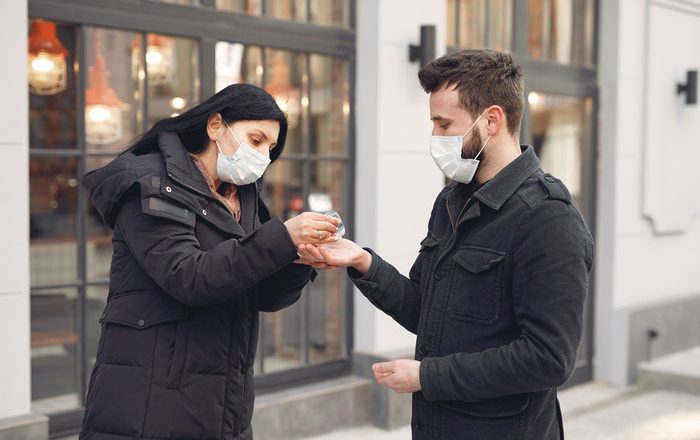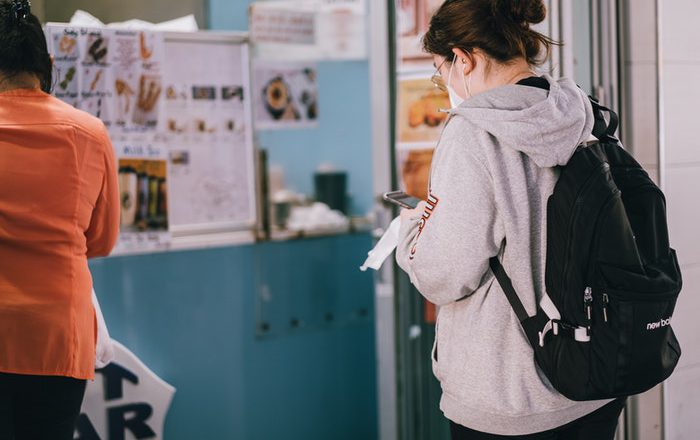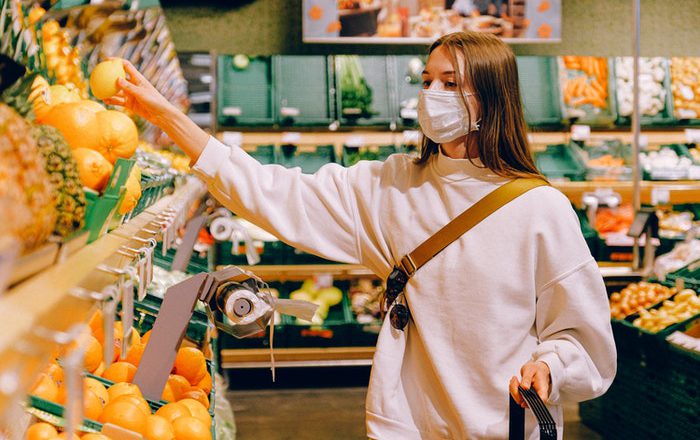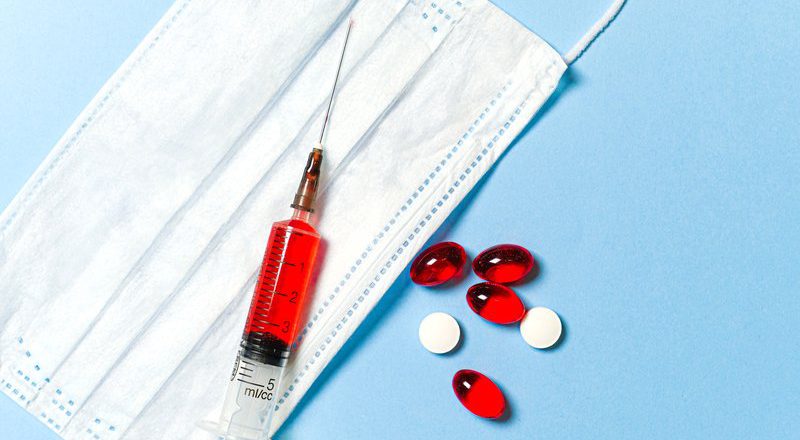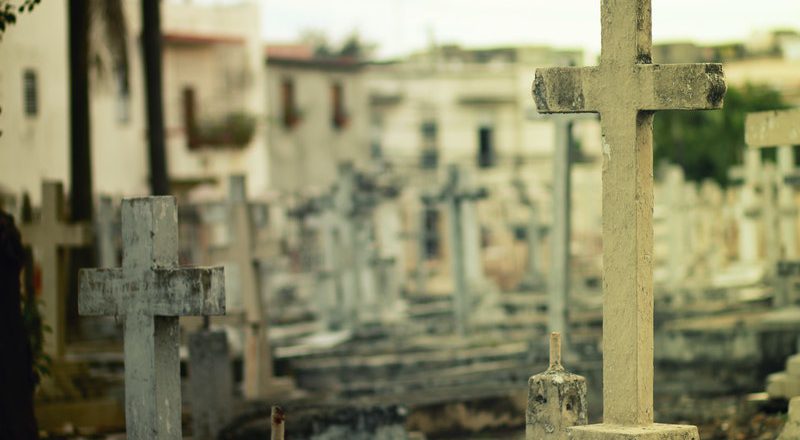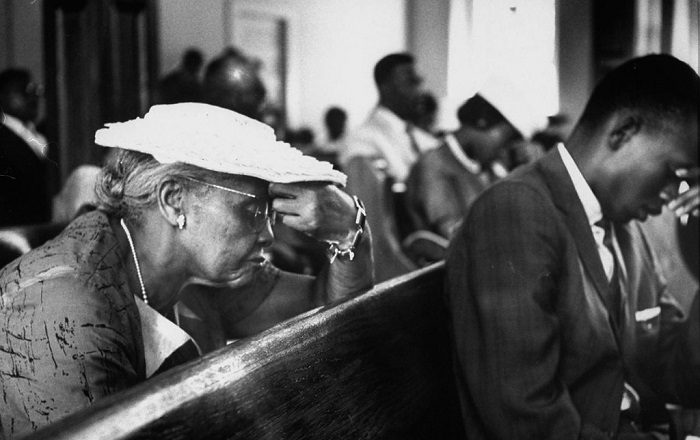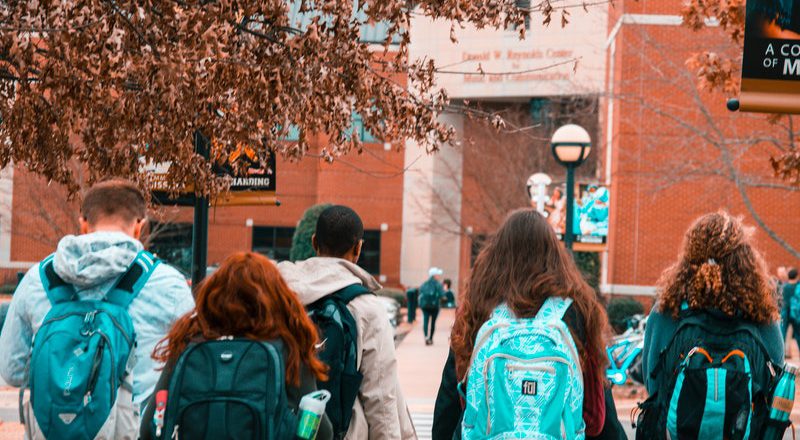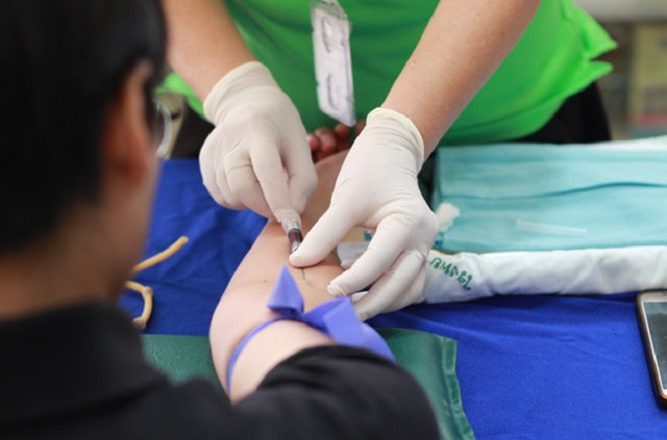How chemicals like PFAS can increase your risk of severe COVID-19
Nearly a year before the novel coronavirus emerged, Dr. Leonardo Trasande published “Sicker, Fatter, Poorer,” a book about connections between environmental pollutants and many of the most common chronic illnesses. The book describes decades of scientific research showing how endocrine-disrupting chemicals, present in our daily lives and now found in nearly all people, interfere with natural hormones in our bodies. The title sums up the consequences: Chemicals in the environment are making people sicker, fatter and poorer.
As we learn more about the novel coronavirus and COVID-19, research is revealing ugly realities about social and environmental effects on health – including how the same chronic illnesses associated with exposure to endocrine-disrupting compounds also increase your risk...

